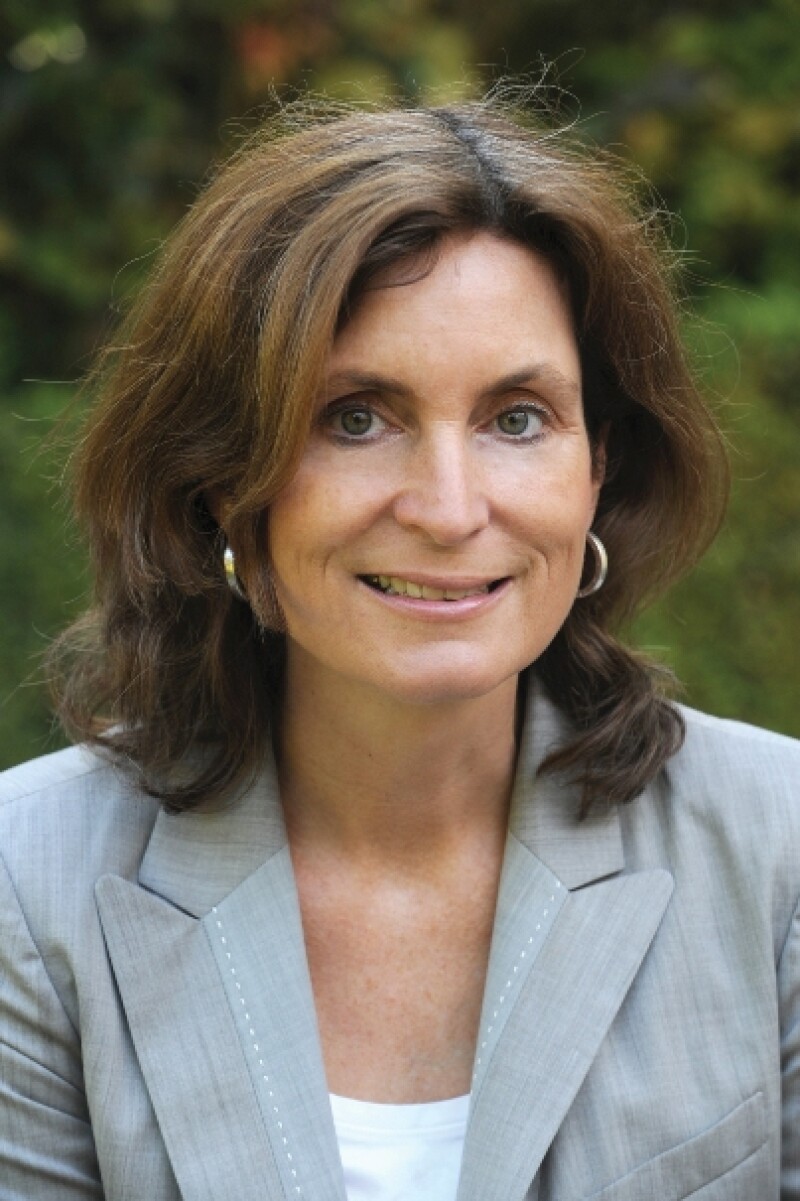
According to IP Nav, a company which monetises clients’ IP portfolios, 2013 was “a tough year for patent owners”.
Exhibit number one, according to IP Nav’s blog post, was that “[US] Congress seems hell-bent on eroding the rights of patent owners”. Further evidence came in the form of attacks on IP by economists (which we commented on here) and proposed intervention by the US Supreme Court on fee awards and software patentability.
You might add that developments outside the US reinforce this argument, such as the Glivec decision in India and Commissioner Almunia’s comments about competition and patents in Europe.
However, I’m not sure all patent owners would agree with IP Nav’s analysis: some at least welcome the Congressional action; data suggests that inventors are still filing patents in record numbers, particularly in emerging markets in Asia; there were some significant damages awards; patent portfolios are still being traded; and there are signs that transparency is increasing. Many patent practitioners say they had their busiest, and most lucrative, years ever.

The past 12 months also saw a number of developments that may or may not lead to good news for patent owners in the longer term, depending on what happens this year (and to some extent on your personal perspective). As well as the Innovation Act and its siblings in Congress, there is the EU Unitary Patent and UPC (discussed by European Commission official Kerstin Jorna (left) this week); plans to harmonise trade secrets protection in the EU; and the global PPH which launched this week.
What else can we expect in 2014? Some clarity about patent eligibility from the US Supreme Court in the Alice case would be welcome along with strong leadership, or indeed any leadership, at the USPTO. European practitioners would like to see more details about the UPC rules and the unitary patent costs while in China we will find out what Shen Changyu brings to the role of SIPO director. More generally, competition issues and particularly FRAND cases will get lots of attention and hopefully some resolution.
Here are two further predictions, though Managing IP accepts no responsibility if they turn out to be wrong: Apple and Samsung will settle their multi-jurisdiction dispute; and consolidation of IP practices, particularly in Europe, will accelerate.
How was your 2013 in patents? And what are your hopes and fears for 2014? Please send us your comments.









